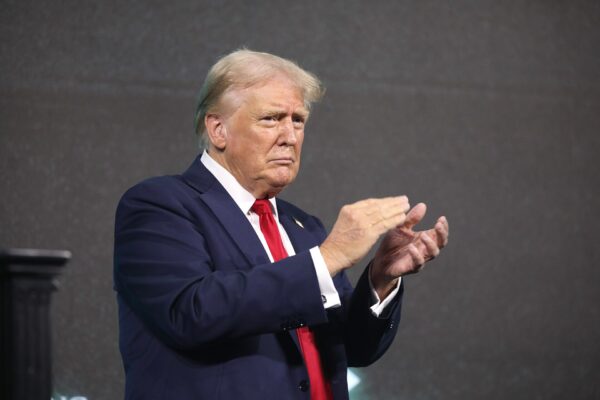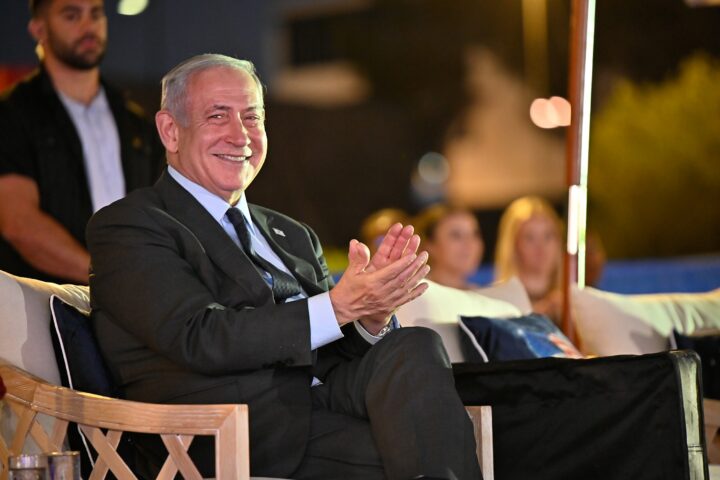A U.S.-brokered peace agreement between Armenia and Azerbaijan, signed at the White House earlier this month, has ended decades of violent conflict in Nagorno-Karabakh while handing Washington an unprecedented strategic foothold in the South Caucasus. The deal, mediated personally by President Donald Trump, centers on the creation of the Zangezur Corridor—now officially dubbed the Trump Route for International Peace and Prosperity, or TRIPP—secured under a 99-year U.S. lease.
The corridor cuts across Armenian territory, linking Azerbaijan with its Nakhchivan exclave and bypassing both Iran and Russia, writes Fox News. In practice, it opens a direct route for Caspian Basin oil, gas, and trade to flow westward through Turkey and into Europe. Analysts say the project reduces dependence on Moscow’s pipelines and Tehran’s transit hubs, shifting the balance of influence toward Washington in a region long considered part of Russia’s and Iran’s backyard.
Iran reacted with fury. Ali Akbar Velayati, senior adviser to Supreme Leader Ayatollah Ali Khamenei, warned that the corridor would become a “graveyard for Trump’s mercenaries.” Iran’s foreign ministry formally welcomed the peace agreement but denounced the American role, describing foreign control of transit routes on its border as a threat to regional stability.
For dissidents, however, the development is cause for celebration. Iranian American journalist Banafsheh Zand hailed the agreement as “a wonderful gain for the U.S.” and a crippling blow to Tehran. “American contractors will be supervising oil and gas from the Caspian Basin, routed through Zangezur and Turkey to Europe. The profit margins are great, and it all happens under NATO’s blessing,” she told Fox News Digital. Zand argued that the corridor could pave the way for a permanent U.S. military presence: “If that happens, then checkmate the Khamenei regime and Russia.”
The accord also reshapes the internal politics of Armenia and Azerbaijan. For Yerevan, the corridor promises economic investment and modernization of rail, telecom, and energy infrastructure, though at the cost of placing sovereign territory under American administration. For Baku, the agreement secures a long-coveted direct link to Nakhchivan, bolstering its alliance with Turkey and cementing battlefield gains won during the 2023 war, which saw the displacement of more than 100,000 Armenians from Nagorno-Karabakh.
The deal has drawn comparisons to historic peace accords, with some suggesting it could earn Trump a Nobel Peace Prize nomination, especially after both leaders announced they’d be nominating the president for the award. Both Russia and Iran are expected to resist American encroachment, and Armenia faces domestic unease over sovereignty concessions. Still, for now, the TRIPP corridor stands as a dramatic reordering of the South Caucasus, with Washington, not Moscow or Tehran, at the center of the map.
[Read More:








